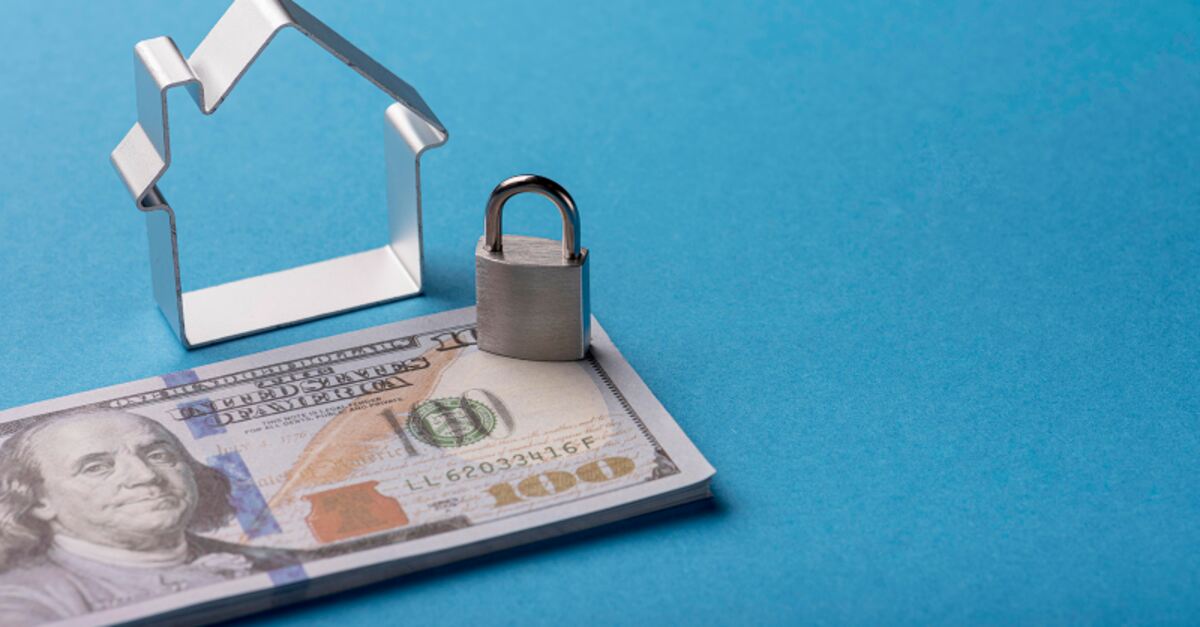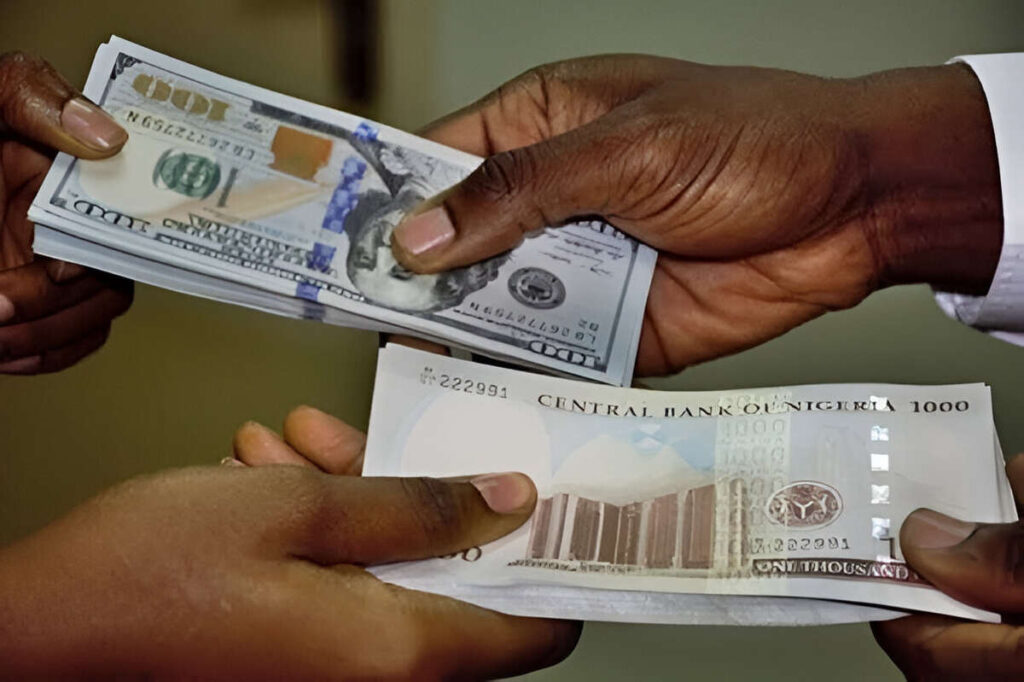
Inflation is the silent thief of wealth; it eats away at your purchasing power, erodes the value of savings, and quietly diminishes investment returns over time. In Nigeria and across Africa, inflation has been particularly unforgiving in recent years, making it essential for individuals and businesses to protect their capital against inflation before it’s too late.
In 2024, Nigeria’s inflation rate hovered around 33%, according to the National Bureau of Statistics, one of the highest in two decades. This means ₦1 million saved in cash at the start of the year could only buy goods worth ₦670,000 by year-end. Shocking, right? That’s why learning how to protect your capital against inflation is no longer optional; it’s a survival strategy for investors, entrepreneurs, and anyone serious about preserving wealth in volatile economies like Nigeria’s.
This article explores how inflation quietly damages your money, the smartest strategies to protect your capital against inflation, and actionable steps every forward-thinking investor should take now.
Understanding Why Inflation Is So Dangerous
Before you can effectively protect your capital against inflation, you need to understand what inflation really does. It’s not just rising prices, it’s the gradual loss of your money’s buying power.
When inflation is high, your cash, savings, and fixed-income assets like bonds or treasury bills lose real value. For instance, a 10% return on a treasury bill might seem good until you realize inflation is at 30%, which means your real return is negative.
Many Nigerians leave money idle in savings accounts that yield less than 5% annually. That’s one of the easiest ways to lose wealth quietly. To protect your capital against inflation, you must shift your mindset from “saving” to “strategic investing”, putting your money where it grows faster than inflation eats it.
Diversify into Inflation-Resistant Assets
One of the smartest ways to protect your capital against inflation is by diversifying your investments into assets that naturally appreciate as prices rise. These include real estate, stocks, commodities, and foreign-denominated assets.
- Real Estate: Property values and rental yields often rise with inflation. Buying land or rental property in growing areas like Lagos, Abuja, or emerging suburbs like Ibeju-Lekki is a practical way to protect your capital against inflation while generating consistent income.
- Stocks: Quality companies that can adjust prices such as FMCGs, telecoms, or banks often thrive during inflation. Their profits grow as they pass increased costs to consumers.
- Commodities: Gold, oil, and even agricultural commodities like cocoa or palm oil typically rise in value during inflationary periods.
- Dollar Assets: Investing in dollar-denominated instruments such as Eurobonds or USD mutual funds is an excellent hedge for Nigerians seeking to protect your capital against inflation and currency depreciation at once.
In short, inflation-resistant assets act like financial shields. They may not eliminate inflation, but they make sure your money grows faster than prices rise.
Invest in Dollar-Yielding or Foreign Assets
The naira’s persistent depreciation is another reason to protect your capital against inflation by diversifying geographically. Investing part of your portfolio in foreign currencies or international assets can balance local inflationary pressures.

Platforms like Risevest, Bamboo, or Trove now allow Nigerians to invest in global ETFs, U.S. stocks, and Eurobonds in just a few clicks. Even holding USD stablecoins like USDT or USDC can serve as a short-term hedge for liquidity.
When inflation and currency devaluation strike simultaneously, your dollar assets not only maintain value, they often appreciate in naira terms. That’s why seasoned investors allocate at least 30% of their portfolio to foreign exposure to protect your capital against inflation effectively.
Avoid Long-Term Fixed Returns Without Adjustment
A mistake many people make is locking funds in long-term investments with fixed returns. When inflation spikes, those returns quickly become worthless in real terms.
For example, investing ₦10 million in a 5-year bond at 10% interest sounds great until inflation hits 25%. You’re earning nominal gains but losing real purchasing power.
To protect your capital against inflation, always seek flexible or floating-rate instruments that can adjust returns as inflation changes. Shorter tenors and inflation-indexed bonds are better choices than long-term fixed options.
Remember: stability isn’t safety if inflation keeps eating your returns. The goal is not just to make profits, but to ensure your money keeps its buying strength, that’s how you protect your capital against inflation wisely.
Focus on Income-Generating Investments
When prices rise, having multiple income streams becomes essential to protect your capital against inflation. Passive income sources like rent, dividends, or royalties help offset the increased cost of living.
Consider these examples:
- Real estate rentals that increase yearly in line with inflation.
- Dividend-paying stocks from strong Nigerian banks or telecoms.
- Agric or logistics ventures that benefit from rising commodity prices.
By reinvesting income, you create a compounding effect that accelerates wealth growth. This continuous cash inflow ensures you can maintain, or even improve, your lifestyle despite inflation pressures. Simply put, consistent cash flow is one of the most reliable ways to protect your capital against inflation long-term.
Invest in Skills and Knowledge
One overlooked way to protect your capital against inflation is by investing in yourself. When you upgrade your skills, knowledge, or professional certifications, your earning capacity rises faster than inflation can erode your wealth.

In a country where prices change monthly, developing high-income skills, digital marketing, coding, financial analysis, or real estate consultancy, is the ultimate hedge. The more valuable your expertise, the easier it becomes to increase income, adjust to inflation, and secure your financial stability.
This is the human capital side of wealth protection, and it’s one of the few strategies that’s fully within your control when planning how to protect your capital against inflation sustainably.
Keep Cash Minimal but Available
It’s still important to have liquidity for emergencies or opportunities. But hoarding cash is a terrible idea when trying to protect your capital against inflation.
Keep just enough for short-term needs, ideally 3–6 months of expenses. The rest should be working in inflation-beating investments. Idle cash loses value daily but active money compounds.
Maintaining the right balance between liquidity and growth ensures you can handle emergencies without sacrificing long-term wealth. This fine balance is a subtle but powerful way to protect your capital against inflation efficiently.
Review and Rebalance Your Portfolio Regularly
Inflation is dynamic, and so should your investment approach be. A portfolio that performed well last year might underperform in a new economic climate. That’s why regular reviews are vital to protect your capital against inflation effectively.

Assess your asset mix every quarter or bi-annually. Increase exposure to performing sectors, trim underperforming ones, and reinvest profits into inflation-resistant assets.
The ability to adapt quickly to changing market conditions separates successful investors from the rest. Monitoring trends like interest rate movements, naira devaluation, and policy shifts helps you anticipate inflation shocks, and protect your capital against inflation before it strikes.
Actionable Takeaways: Practical Steps to Protect Your Capital Against Inflation
- Diversify aggressively: Spread across stocks, real estate, commodities, and dollar assets to build resilience.
- Earn in strong currencies: If possible, increase income in USD or GBP while spending in naira.
- Prioritize cash flow: Seek investments that yield consistent income, not just paper appreciation.
- Stay agile: Rebalance every 6 months to stay ahead of inflationary cycles.
- Invest in yourself: Skills that increase your earning potential are the ultimate inflation hedge.
The consistent application of these steps ensures you’re not just surviving but thriving even when inflation is raging. The secret to wealth in high-inflation environments isn’t speed; it’s strategy. The faster you act to protect your capital against inflation, the more your financial future remains intact.
Inflation isn’t going away anytime soon, especially in emerging markets like Nigeria. It’s not something you can eliminate, but it’s something you can outsmart. To protect your capital against inflation, think beyond saving; think in terms of adaptability, diversification, and financial intelligence.
Every naira should be working for you, earning, growing, and preserving its value over time. Whether it’s through real estate, dollar assets, or knowledge, the time to protect your capital against inflation is now, not later. Because when inflation rises, procrastination is the most expensive investment mistake of all.

Leave a Reply